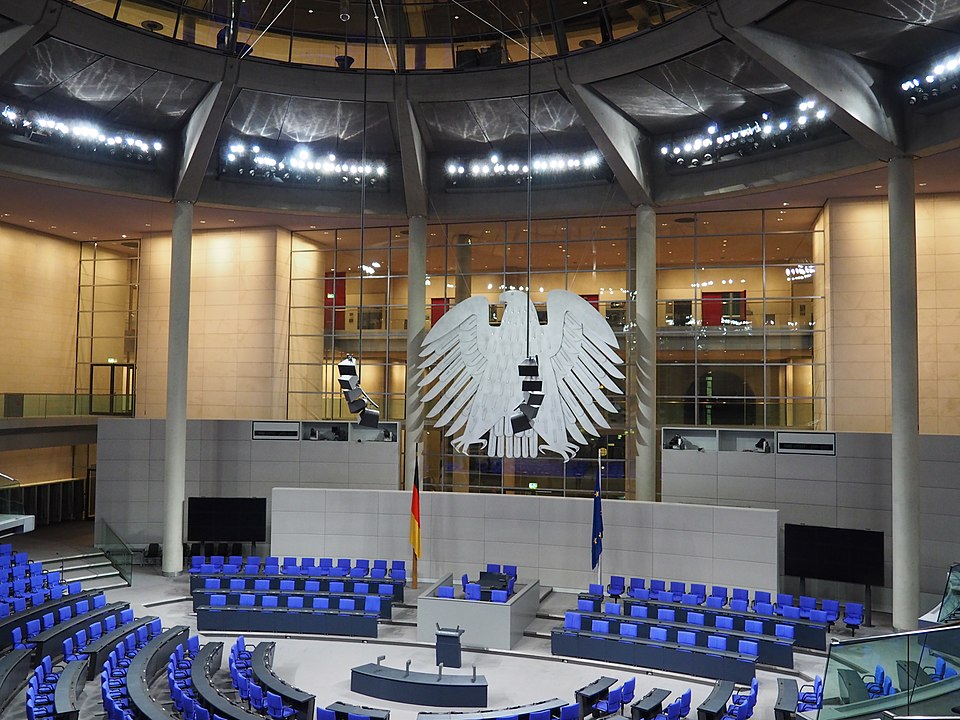The German parliament adopted the central government budget for 2024 on Friday which contains several ad-hoc fiscal consolidation measures and will become effective once passed by the Bundesrat, the legislative body of the federal states.
Morningstar DBRS said that the measures were in response to the November 2023 ruling of the Federal Constitutional Court (FCC) which tightened the applicability of the constitutional debt brake for off-budget entities such as the Climate and Transformation Fund (CTF).
“While the consolidation measures ensure compliance with the debt brake in fiscal year 2024, they do not raise the government’s fiscal policy space in a structural manner, particularly with regard to future fiscal years,” the rating agency said.
Court ruling forced government
Explaining the FCC ruling, Morningstar DBRS said this, “has narrowed the government’s fiscal space as it tightened the rules of how annual deficits of funds outside the core budget should be incorporated in annual debt brake calculations for the government.
“From now on, potential deficits in off-budget entities, such as the CTF, can only be funded with public borrowing which is reflected in debt brake calculations for this particular year and not – as has been the case until then – with borrowing authorisations which had been transferred to the fund in previous years.
“As the initial combined annual borrowing needs in the central government’s core budget and off-budget entities exceeded the debt brake’s net structural borrowing limit of 0.35% of GDP, the government was forced to adopt corrective measures for fiscal year 2024.”
Budget cuts weigh on weak economic growth
The rating agency said that the German federal government adopted fiscal consolidation measures of around EUR 19 bln to bring the 2024 budget in line with debt brake stipulations.
“This includes spending cuts of EUR 12 bln in the CTF, such as an early termination of a subsidy programme for the purchase of electric vehicles.
“A further EUR 7 bln of fiscal consolidation measures have been made in the core budget, including, among others, the gradual phasing-out of fuel subsidies for farmers, an increase in the air transportation tax and a tightening in eligibility criteria for unemployment benefits.
“While ensuring compliance with the debt brake, this fiscal tightening weighs on already weak economic growth dynamics,” Morningstar DBRS said.
Last month, the ifo Institute cut its 2024 real GDP growth forecast to 0.7%, down from its 0.9% forecast in mid-December 2023.
Fiscal policy space likely to remain narrow
The rating agency added that while Germany’s credit profile continues to benefit from moderate government debt levels and a low interest burden, the government’s fiscal leeway under current debt brake rules is very narrow.
“The 2024 budget fully utilises permissible net borrowing for the central government. Looking ahead, we expect the government’s fiscal leeway to remain tight.
“While the government has closed the funding hole in the CTF for fiscal year 2024, it announced that the CTF will require budgetary transfers from the core budget in 2025 and 2026 for funding its investment spending.
“Moreover, the government is unlikely to adopt additional far-reaching fiscal consolidation measures prior to the next election in autumn 2025, given the three coalition parties’ diverging views on fiscal priorities and the strong political backlash to some of its recent ad-hoc fiscal consolidation measures, such as a phasing-out of fuel subsidies to farmers.
“In a similar vein, a reform of the current debt rule appears unlikely in the short-term as this would require a two thirds majority in the parliament. The debt brake can only be suspended in case of unusual emergencies which are beyond the government’s control such as natural disasters,” Morningstar DBRS concluded.










